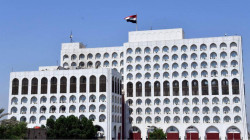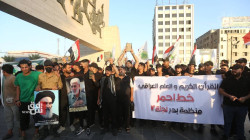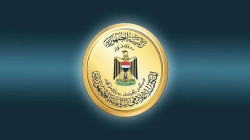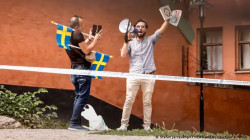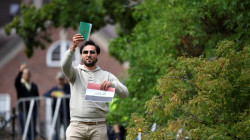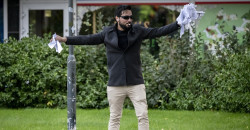Swedish Migration Agency Reviews Residence Permit of Iraqi Refugee Involved in Quran Burning
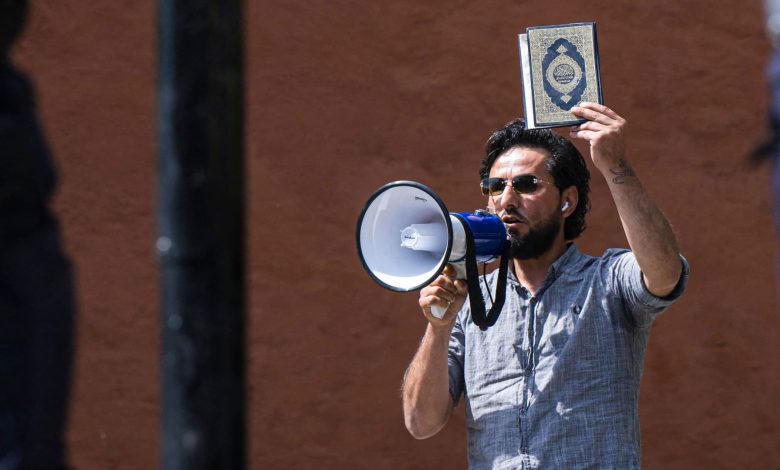
Shafaq News/ The Swedish Migration Agency has initiated a re-examination of the residence permit belonging to an Iraqi refugee, linked to a series of Quran desecration incidents in Stockholm, stirring widespread outrage among the Muslim community globally.
According to the Swedish News Agency (TT), the man in question, Salwan Momika, currently holds a temporary residence permit in Sweden, which is scheduled to expire in 2024. However, the agency has decided to review his case in light of recent events.
In response to the escalating situation, the migration agency emailed the Swedish newspaper Svenska Dagbladet, stating that information provided by Swedish authorities has raised concerns and warranted a thorough evaluation of whether the individual's status in Sweden should be revoked.
Recent days have witnessed Quran burnings in Sweden and Denmark, leading to widespread condemnation from Arab and Islamic communities. The next round of anti-Islam protests began in Sweden when an Iraqi-origin man, Salwan Momika, burned a copy of the Quran outside the Iraqi embassy in Stockholm. Later, a Danish Far-Right Group replicated the incident by burning the Iraqi flag.
Incidents also occurred near the Egyptian, Iranian, and Turkish embassies in Sweden and Denmark.
Following the events, Iraq withdrew its charge d'affaires in Stockholm, and Sweden temporarily relocated its seconded embassy staff and operations from Baghdad to Sweden for safety reasons.
Last week, the United Nations General Assembly passed a resolution addressing rising violence based on religion and abuse of religious symbols and holy books, condemning such acts as violations of international law.
The resolution promotes dialogue between religions and cultures and calls on the international community to tackle hate speech, which can fuel religious tensions and incite violence. It strongly denounces all forms of violence against individuals based on religion or belief and condemns acts directed against religious symbols, holy books, and sacred places that violate international law.
On July 12, the UN Human Rights Council in Geneva condemned recent attacks on the Quran, despite some Western countries voting against the resolution. The Council's resolution called for condemning such attacks and labeling them "acts of religious hatred."
Danish and Swedish authorities expressed concern over the situation and condemned the burning of the Quran. Both countries have laws banning hate speech against ethnic, national, and religious groups and people based on sexual orientation. However, burning holy scriptures has not been classified as hate speech but is seen as acceptable criticism.
